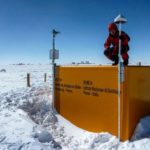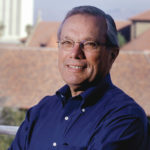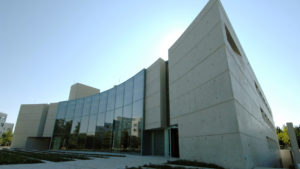In 1957, only 12 years after the end of the Second World War, the Treaty of Rome was signed to forge a closer union among the people of Europe.
60 years later, Europe, working together, has accomplished things no European country could have done on its own, making life in Europe safer, sustainable and competitive.
We have advanced science, together we pushed back the frontiers of knowledge reached for the sky, expanded our capabilities and independene, and built systems that make a real difference for Europeans, the world and our planet.
Happy 60th birthday, Europe! Together we are stronger.




